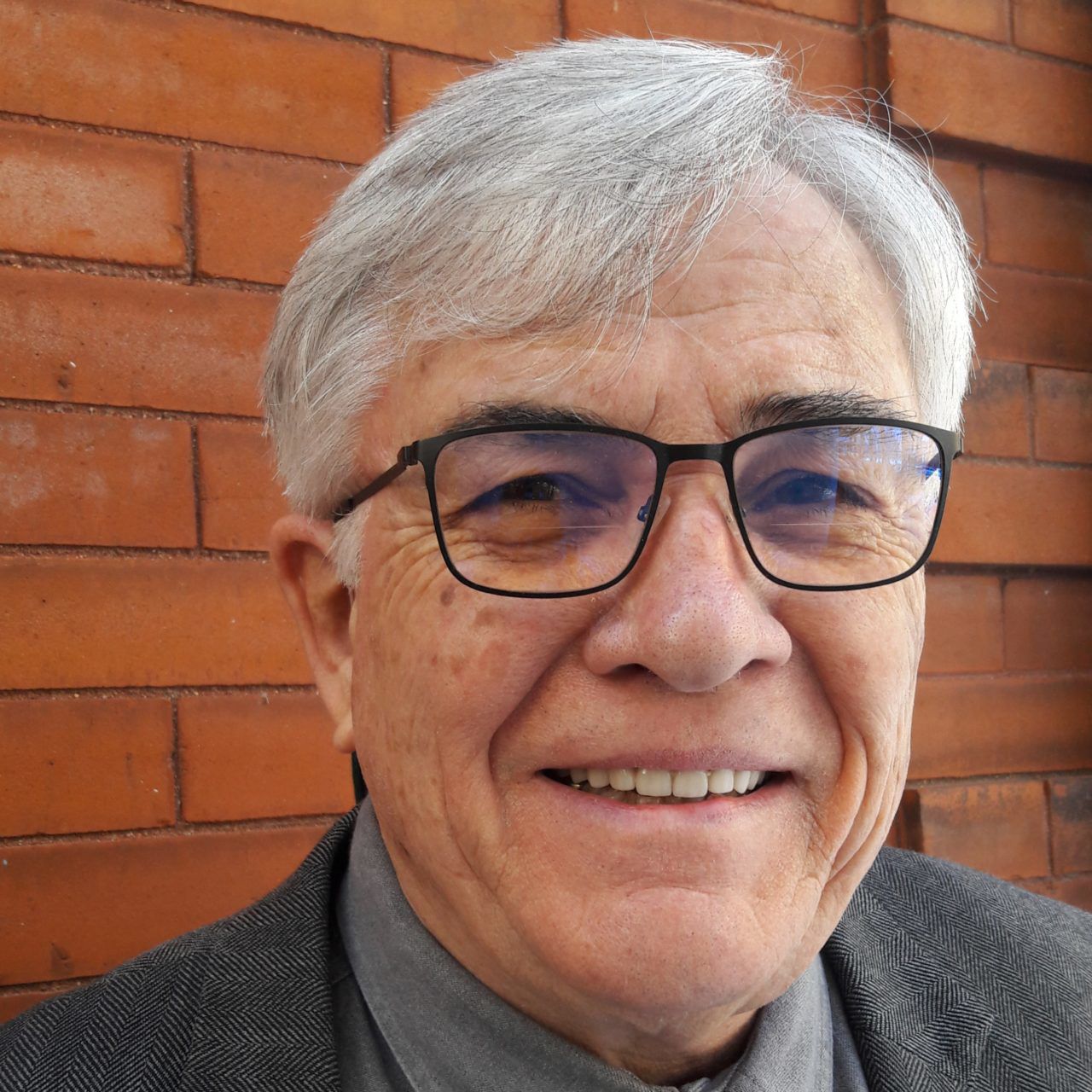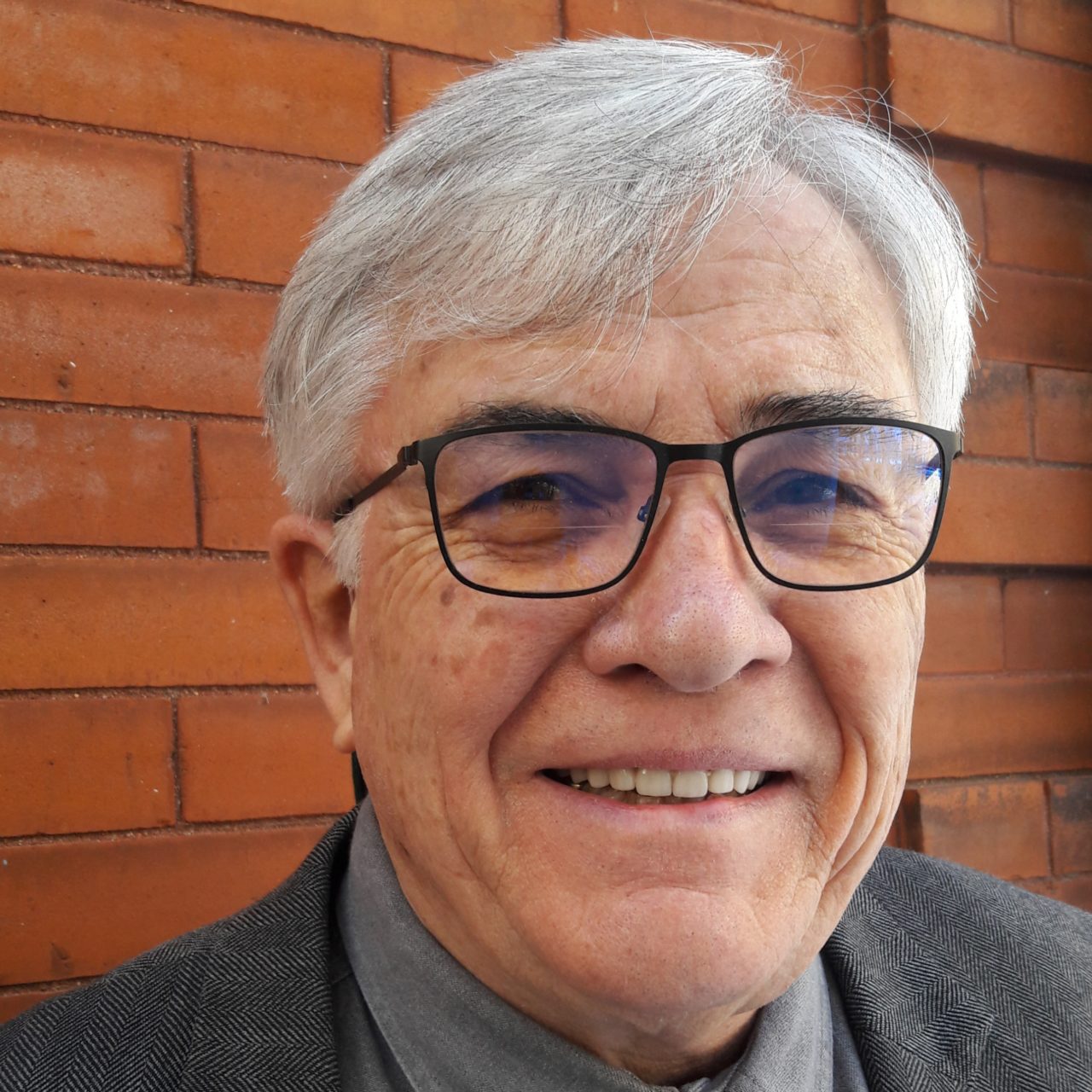HUDSON | Another workaround on TABOR, anyone?


It is a challenge to fully apprehend the ingenuity of Colorado’s schemes for evading TABOR fiscal restrictions. Doing so would devour this entire column and then some. Two of the largest evasions, which frame the quarter century since 1992’s voter approval, are Colorado opportunity grants and the hospital provider fee. Higher education institutions were originally subject to TABOR spending restrictions because of their reliance on substantial state funding. Historically, Colorado colleges and universities were more or less free to hike tuition rates whenever they required additional dollars. TABOR spending caps brought this practice to a screeching halt.
That’s when the lawyers went to work. The classic admonition that there are two kinds of attorneys is well founded – those who tell you what you can’t do and those who figure out how to do it anyway. If state support to higher education campuses could be driven down to a fraction of each college or university’s total revenue they could then declare themselves TABOR enterprises, free from onerous spending and revenue limitations. Presto, the legislature created individual opportunity grants provided to in-state students in order to subsidize their tuition expenses. This fiction was designed so that state moneys no longer pass directly from the general fund to colleges and universities, but are now forwarded on behalf of and with the consent of each aspiring applicant. As a parent I can assure you these dollars never actually pass through a student’s checking account, but are transmitted electronically to each institution from the state treasurer’s office. Problem solved.?
More recently, as the state budget once again began to bump up against TABOR limits, several renegade, rural Republican legislators joined with Democrats to declare the hospital provider fee another TABOR enterprise, thus freeing up the better part of a billion dollars beneath the general fund spending cap. This fiscal heresy won Republican Senator Jerry Sonnenberg of Sterling recognition as “Californian of the Year” from the Independence Institute. Of course there has been a myriad of other TABOR “end around” mechanisms approved by the legislature and clever administrators that shelter revenues as cash funds and in fee-for-service charges. Only once has the state asked voters for TABOR relief and that occurred in 2005 with Referendums C and D, which lifted the spending cap for five years and promised to funnel additional dollars to transportation. They enjoyed support from both Republican Gov. Bill Owens and House Speaker Andrew Romanoff. C passed narrowly, while D, the transportation funding piece, failed.
But the work of TABOR fugitives is never done. The Band-Aid brigade announced last week they would ask Colorado voters to permanently de-Bruce state revenues this November, allowing all moneys collected under existing tax rates to be retained; thereby eliminating any future TABOR refunds. At the local level, similar initiatives have been approved nearly 95 percent of the time. House Speaker K. C. Becker, together with Democratic Sen. Lois Court and Republican Sen. Kevin Priola will co-sponsor this referred measure. Priola’s support has already drawn rumblings of a recall from the cannibal wing of the Republican caucus. The senator has won five elections in Adams County where Democrats usually prevail at the voting booth. A successful recall would almost certainly guarantee another Democratic member in the Senate majority. So much for logic.
It isn’t clear whether the governor will support the proposed referendum in the fall, but his approval is not required to place it on the ballot. The legislature has the authority to act independently. Among the many butterfly bandages that have been applied to Colorado’s so-called “fiscal thicket” wounds in the past, you can think of this bandage as the four inch square used to protect skinned knees and elbows. (I’m not sure why the real thing is so hard to find in drugstores these days. Perhaps helicoptering parents have reduced market demand.) But there is a downside for the Coloradans diligently plotting a major overhaul of TABOR for inclusion on the 2020 ballot. Should de-Brucing pass in 2019, voters may well be inclined to ask themselves, “…didn’t we fix this problem last year?”
While voter approval might free up as much as a billion dollars over the next five or six years for roads and education, this windfall is dependent on sustaining a supercharged state economy. When a recession comes along, as it predictably will, the payoff could shrink to $65 million or less. Colorado’s structural and constitutional budget travails will remain either way. Of course, it never pays to bet against the crafting of more Rube Goldberg contraptions that allow us to stumble along for another decade until our fiscal thicket grows utterly impassable.
Miller Hudson is a public affairs consultant and a former state legislator. He can be reached at mnhwriter@msn.com.













